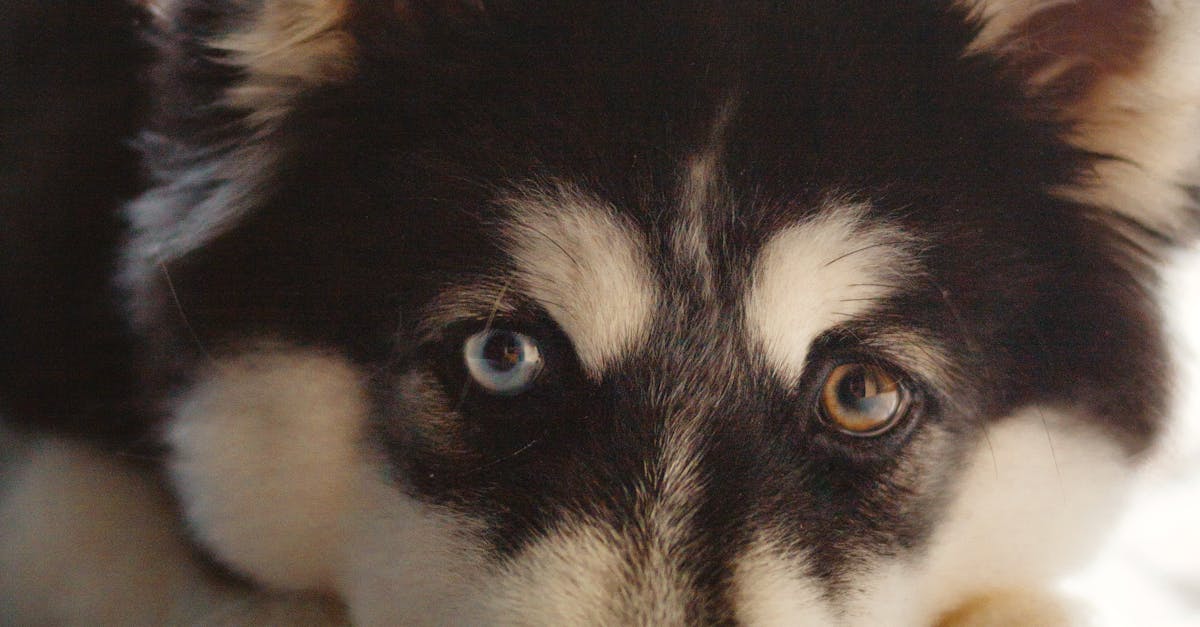With their adorable long bodies, short legs, and playful personalities, Dachshunds have captured the hearts of dog lovers everywhere. But owning a Dachshund comes with unique responsibilities. Whether you're considering adding one to your family or already share your home with this spirited breed, understanding their needs is key to keeping them happy and healthy.
🐾 Breed Snapshot
Dachshunds, also affectionately known as "wiener dogs," are a small breed with a big personality. Originally bred in Germany for hunting badgers, their name literally translates to "badger dog." These determined pups are known for their intelligence, loyalty, and lively demeanor, making them a popular choice for families and individuals alike.
- Size: Miniature (11 lbs or under) and Standard (16–32 lbs)
- Coat types: Smooth, long-haired, or wire-haired
- Life expectancy: 12–16 years
Despite their small stature, Dachshunds are surprisingly sturdy and thrive in both city apartments and rural homes, provided they get adequate exercise and mental stimulation.
🧬 Personality & Behaviour
Dachshunds are known for their bold and curious nature. They are affectionate with their families and often form strong bonds with their owners. However, their independent streak can make training a bit challenging, especially for first-time dog parents.
Here’s what you can expect from a Dachshund’s temperament:
- Loyal and protective: Dachshunds are known to be excellent watchdogs, alerting you to any unusual activity.
- Playful and energetic: They love games like fetch and puzzle toys that challenge their minds.
- Stubborn tendencies: Their independent nature can sometimes come across as stubbornness, especially during training.
- Good with children: While they can be loving companions for kids, supervision is necessary to ensure safe interactions.
Socialization from a young age is important for Dachshunds to prevent excessive barking or timid behavior around strangers. Positive reinforcement training works best for this breed.
🧼 Health & Grooming Needs
While Dachshunds are generally healthy dogs, their unique body structure makes them prone to certain health issues. Understanding these risks and keeping up with their grooming needs can help your Dachshund live a long, happy life.
Common health concerns include:
- Intervertebral Disc Disease (IVDD): Due to their elongated spine, Dachshunds are at higher risk of back problems. Avoid activities like jumping off furniture or climbing stairs to reduce strain on their spine.
- Obesity: Their small frame can’t support excess weight, which can exacerbate joint and back issues. Monitor their diet and exercise regularly.
- Dental problems: Like many small breeds, Dachshunds are prone to tartar buildup and gum disease. Regular brushing and dental checkups are essential.
- Ear infections: Their floppy ears can trap moisture, leading to infections. Clean their ears gently with a vet-recommended solution.
Grooming needs will vary depending on their coat type:
- Smooth-coated: Low maintenance; a quick brush weekly to remove loose hairs is sufficient.
- Long-haired: Requires regular brushing to prevent tangles and mats.
- Wire-haired: Needs occasional hand-stripping or trimming to maintain their coat’s texture.
Regular vet checkups, a balanced diet, and a safe, active lifestyle are critical to keeping your Dachshund in top condition.
💡 Vet Tips for Pet Parents
If you’re considering a Dachshund or already have one, here are some practical tips to help you provide the best care:
- Invest in ramps or stairs to help your Dachshund access furniture safely and reduce the risk of back injuries.
- Keep their weight in check with portion-controlled meals and healthy treats. Avoid feeding table scraps.
- Engage them with interactive toys and games to stimulate their mind and prevent boredom.
- Stick to a consistent training routine using positive reinforcement. Patience is key with this intelligent but independent breed.
- Socialize them early to help them feel comfortable around other pets and people.
As a Dachshund owner, it’s important to be mindful of their physical limitations while embracing their spirited personality. By providing a nurturing and stimulating environment, you can ensure your furry friend thrives.
FAQs
Q: Are Dachshunds good for first-time dog owners?
A: Dachshunds can be a good choice for first-time owners who are prepared to invest time in training and socialization. Their independent nature can be challenging, but their loyalty and charm make it worth the effort.
Q: How much exercise does a Dachshund need?
A: Dachshunds need about 30–60 minutes of exercise daily. Short walks, interactive play sessions, and mental stimulation are ideal for keeping them fit and happy.
Book a $49 online vet consultation at https://www.dialavet.com for fast, expert advice.























